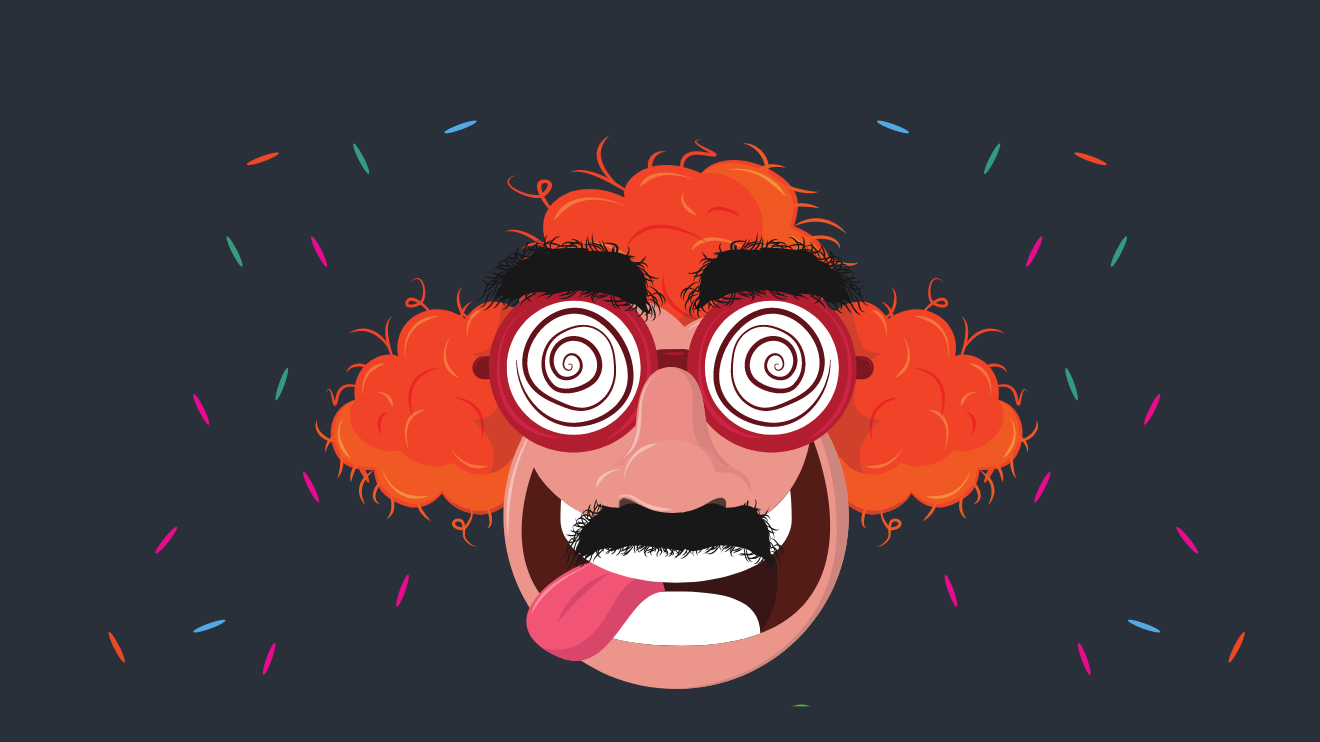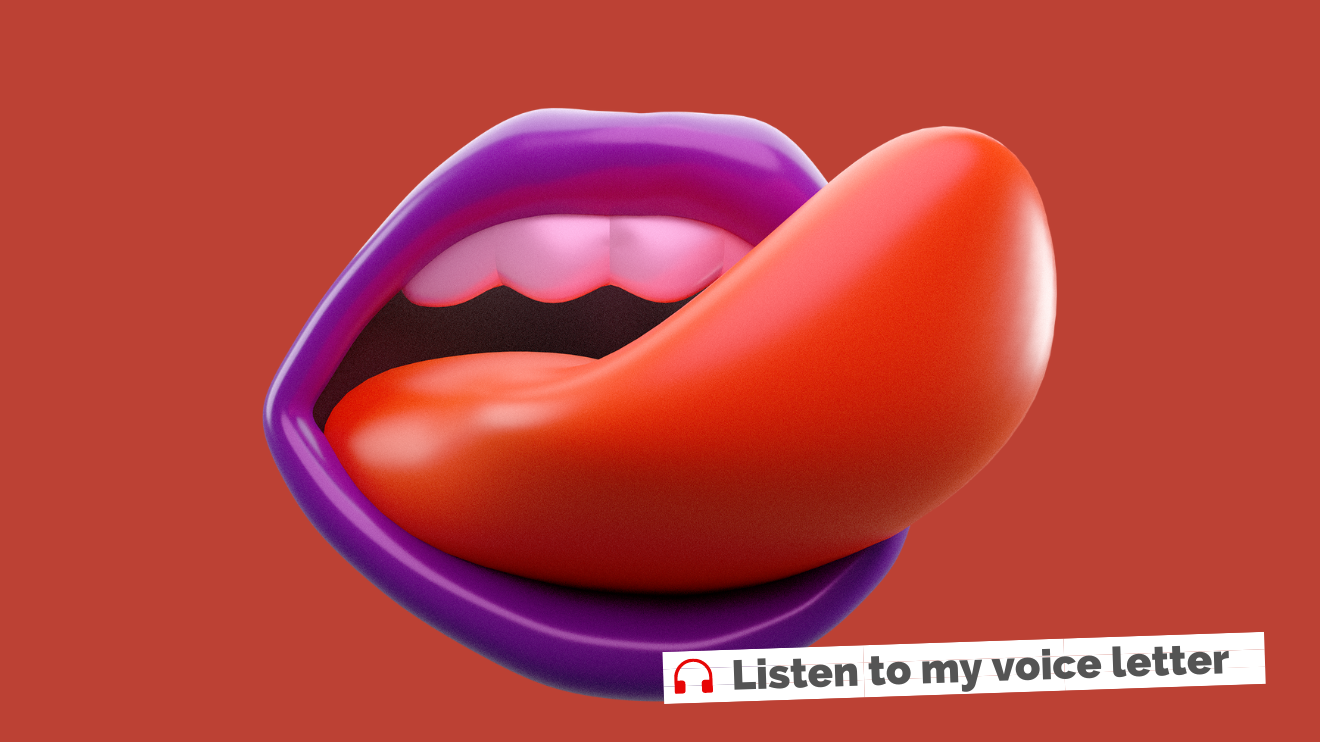Why therapy can't laugh at psychiatry - Part 2
Psychiatry is in crisis. Is this a chance for therapy to claim moral superiority? Erm, no. Final part of a two-part story.

Recap
If you haven't read the first part of this story, do that now 👇🏿 and then come back here. Or scroll down for a quick summary.
Why therapy can’t laugh at psychiatry - Part 1
Psychiatry is in crisis. Is this a chance for therapy to claim moral superiority? Erm, no. Part 1 of a two-part story.

A quick summary of part 1:
- We saw how psychiatry has been hurled into crisis after the publication of a paper showing that the influential 'chemical imbalance' theory of depression is not backed by scientific evidence.
- Analysed why this crisis is different from any other in psychiatry's troubled history.
- Explored the bitter common heritage of Freudian psychoanalysis and psychiatry; how the former dominated psychiatry before World War II; and how it lost ground as psychiatry joined hands with the pharmaceutical industry.
- Examined the explosive rise of 'evidence-based' cognitive behaviour therapy (CBT) as the new face of therapy, with the promise of empirically demonstrable efficacy and speed that gave therapy the makeover it needed to stand next to psychiatry's biomedical model.
In this part, we will see:
- How the direction therapy is now taking raises serious concerns about its future and the sanctity of patient interests.
- Why the field has a lot of soul searching to do before it can claim any schadenfreude over psychiatry's crisis.
- And why neither psychiatry nor psychotherapy is a magic pill for human distress.






